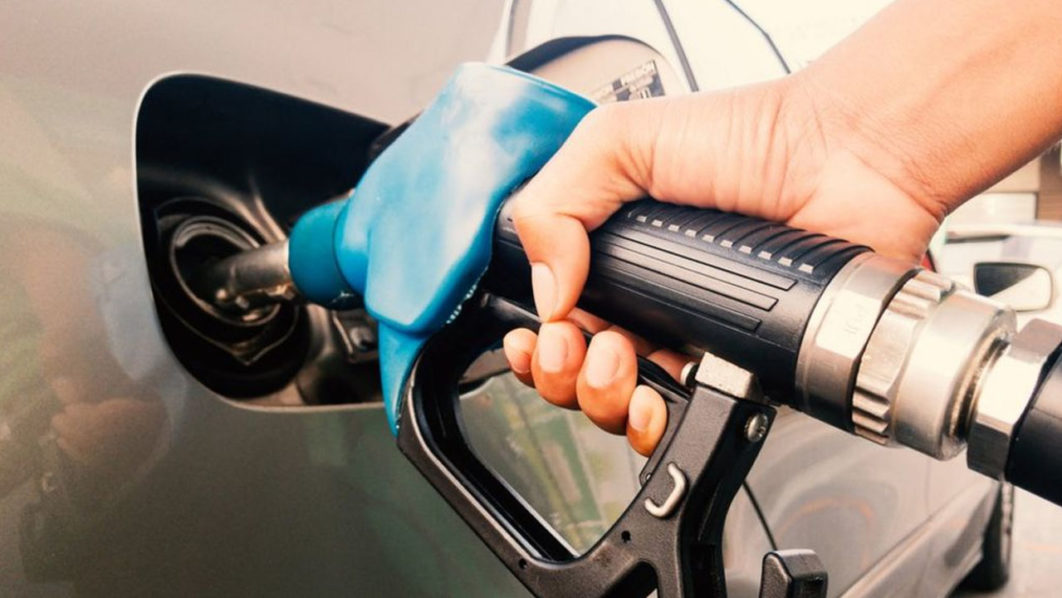
The President of the Lagos Chamber of Commerce and Industry (LCCI), Gabriel Idahosa, has expressed fear over the continued survival of businesses, saying that rising about 450 per cent hike in prices of fuel since President Bola Tinubu assumed office is a major threat.
Idahosa said since the beginning of this administration, petrol prices have sharply risen by about 450 per cent, noting that in addition to the unbearable costs, business difficulties may worsen in the coming months due to uncertainty, harsh regulatory ecosystem, unguided controversies, persistent insecurity and weakening purchasing power.
Expressing concern about the latest increase in petrol pump prices, he said it has become difficult to understand the plans of the Ministry of Petroleum Resources, the Nigerian National Petroleum Corporation Limited and the various oil and gas sector regulators.
“The controversies surrounding the working relationship between NNPCL and the Dangote Refinery are equally confused. But in all these, businesses have continued to suffer from increasing burdens of rising operating costs incurred on logistics, power supply, FX scarcity and inflated costs on third-party sourced services.
With the CBN’s monetary policy rate at 27.25 per cent, inflation elevated at 32.15 per cent, an exchange rate above N1680/$1 and an unemployment rate at 5.3 per cent, we are running a business environment that is too tense for businesses to thrive,” he said.
Urging the government to come out clean on whether fuel subsidies have been removed or not, he said regulatory agencies in the oil and gas sector must tell Nigerians what quantity of fuel is consumed locally.
“Also, we must increase crude oil production and reduce oil theft to ensure our crude does not get to neighbouring countries where they are refined and imported back to Nigeria. We must implement the Petroleum Industry Act (PIA) to support a fully-deregulated oil and gas sector, which will reduce uncertainties and irregularities in the sector, enhance the sanctity of contracts and attract foreign investments.
“Finally, the subsidy funds the government said it has saved should be invested in building infrastructure that can cushion the impact of a tightening economy,” he said.
Stressing the need for fiscal stimulus and non-cash interventions to cushion the burdens unleashed through the tight monetary stance of the government in the past 18 months, he again urged the removal of some taxes placed on businesses, the transition to Compressed Natural Gas (CNG) mobility, the Crude for Naira scheme and the suspension of some import duties.
He said: “We also recommend pegging import duties at N1000/$1 to provide much-needed fiscal stimulus. This would stabilise costs for manufacturers who rely on imports, boosting productivity and enabling long-term planning. A fixed-rate would lower production costs, leading to increased output and job creation. It would also benefit the broader economy by fostering growth in related sectors like logistics and retail, ultimately supporting Nigeria’s economic stability and expansion.”






